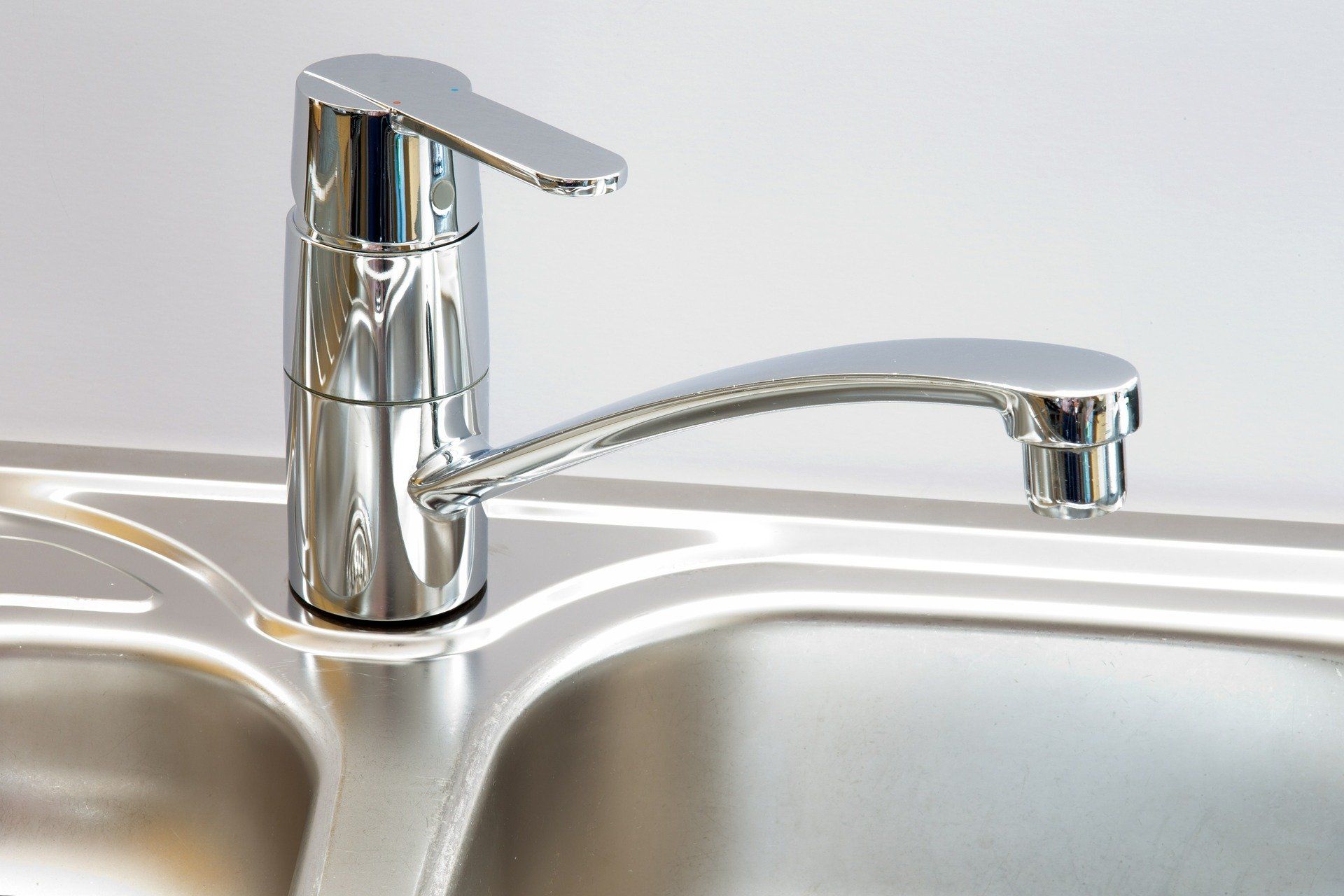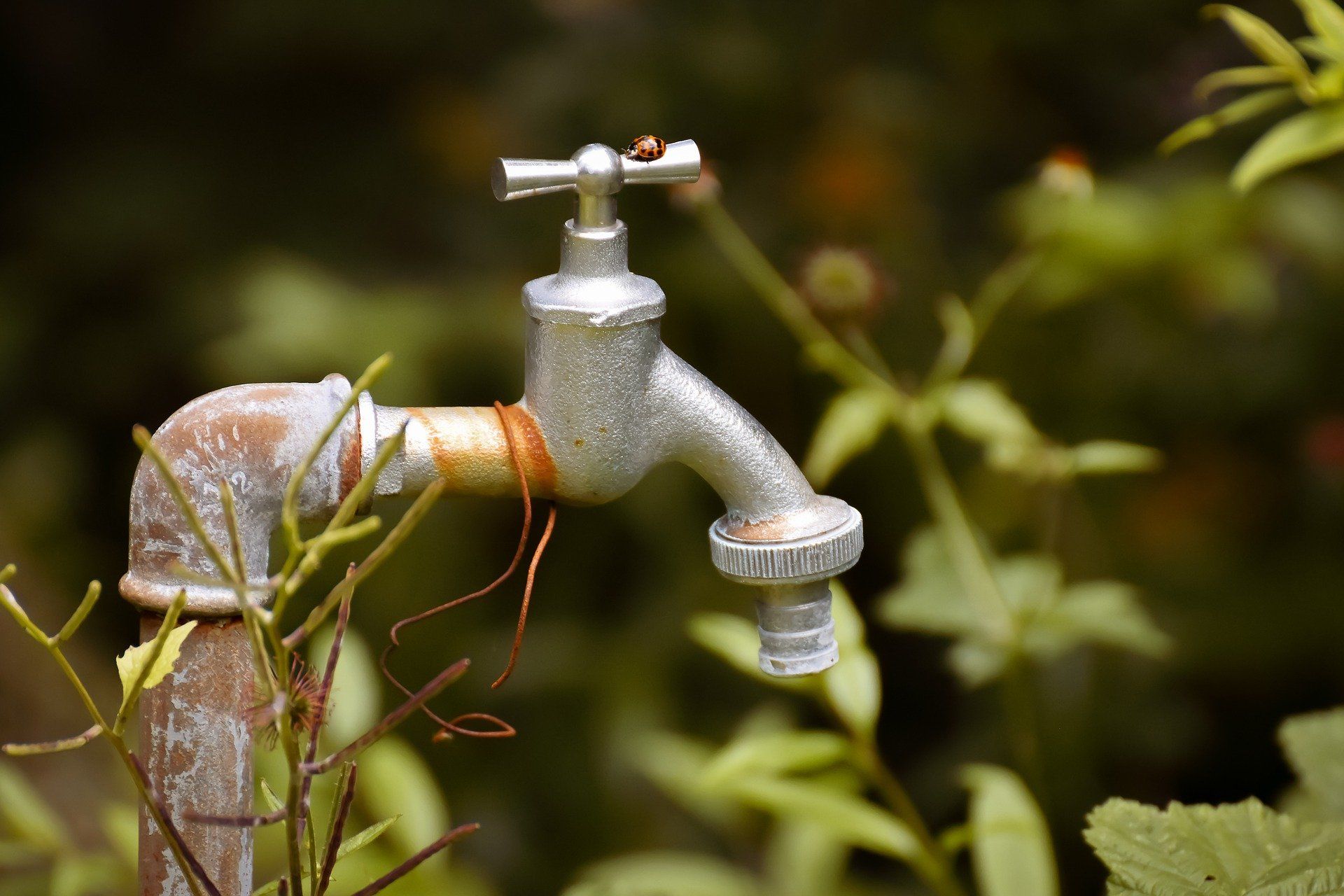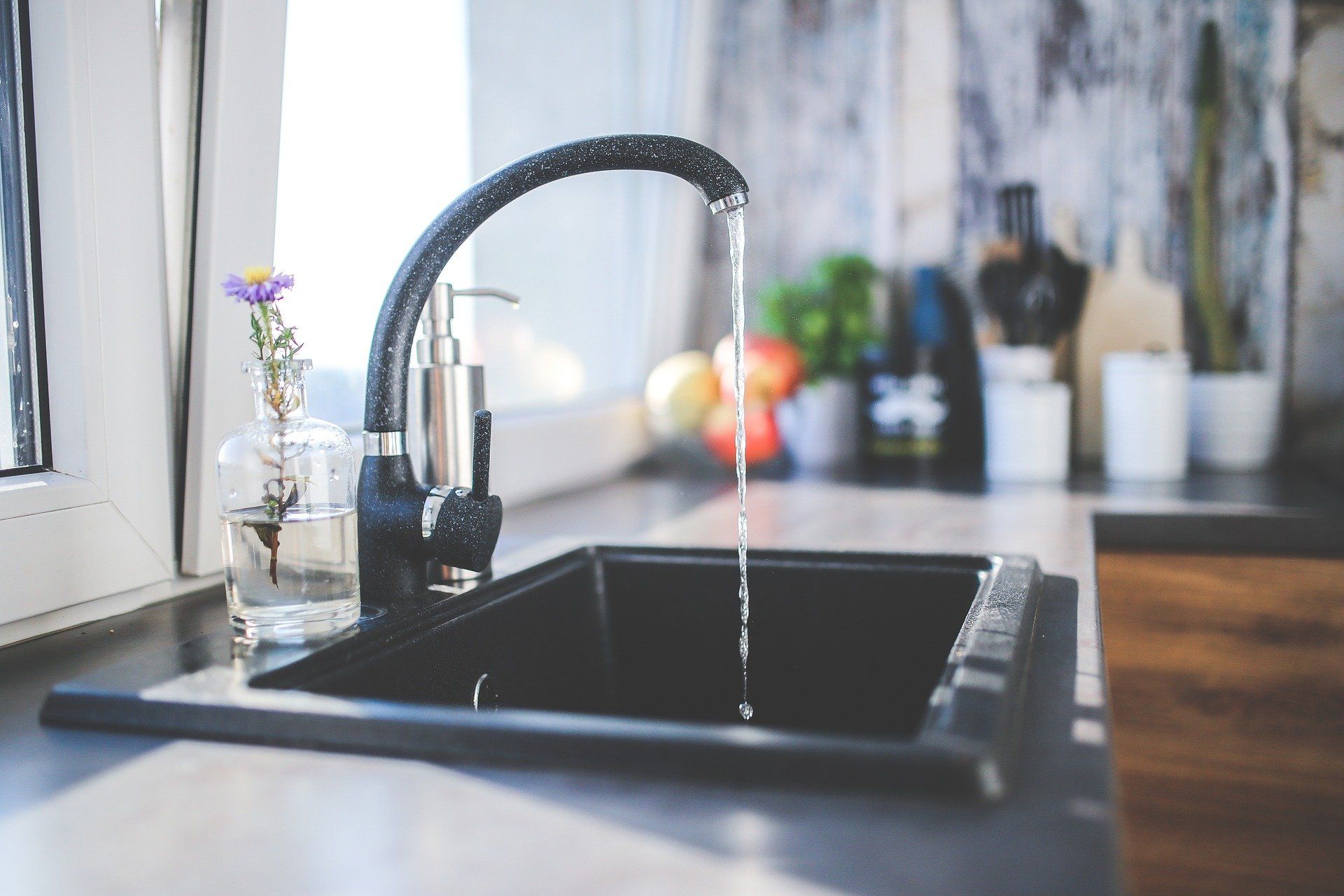WATER DROPS
___________
Helpful info and tips for achieving high-quality water

We could kick this post off with several statements about water, answering questions like how important is water, how much water should we consume, and how beneficial is water for our health? But we won’t. It’s no secret that water is (or should be) a vital part of our day-to-day lives, and we don’t want to waste time on all the positive facts and stats you’ve heard before. Instead, we want to focus on the importance of consuming quality drinking water. Whether from the tap or from a well , the water you drink originally came from somewhere . That’s a real Captain Obvious statement, we know we know, but it’s also not something we always think about. People on tap water consume water that has been collected and treated by whatever municipality they are a part of, while those on a well are consuming water that started off as rain and has since become groundwater. So let’s take a closer look at those sources. It’s true that city water goes through a large-scale treatment process to ensure the water reaches a drinkable standard set by the EPA. Many contaminants are removed, but unfortunately not all get caught and filtered out along the way. For instance, Macon Water Authority produces water that passes the f ederal regulations for safety . However, according to a recent report by Environmental Working Group , Macon’s tap water still shows 20 detected contaminants, 12 of which exceed EWG’s health guidelines (a stricter set of standards than federal regulations). Highly treated doesn’t always mean completely contaminant free. As for groundwater, what comes up is what comes up, and what comes up is what you drink. If your area produces acidic water, you’re consuming acidic water. If you have hard water, you’re drinking hard water. You may have a filtration system on your well that treats these issues before they enter your home, and that’s great! But still, water softeners, acid neutralizers, and even iron removal systems don’t catch everything and are no match for the particle-eliminating power of a Reverse Osmosis system. Reverse Osmosis, or RO , is a point-of-use system that leaves consumers with ultra-pure drinking water. Each system filters up to 99% of the contaminants in both city water and well water, including but not limited to lead, sodium, manganese, iron, fluoride, and calcium. An RO works as a 4-stage unit with two (2) pre filters, one (1) membrane, one (1) post filter, an RO tank, faucet, tubing, and fittings. At Advanced Water Technology, we typically install ROs under the kitchen sink so consumers can enjoy safe, purified drinking water while still maintaining storage space. If you’re interested in learning more about the benefits of an RO system for your home or even your business, we'll be glad to talk. Just call us or send a message and let us know you’d like some more details today.

No matter what you call it, this type of water can be a huge nuisance for anyone dealing with it. Water with low pH means it's landing on the acidic side, which can lead to a number of issues and even cause costly damage in your home or business. To help determine if you're dealing with acidic water, pay attention to the following warning signs: Corroded Pipes, Stained Sinks, Pin Holes

